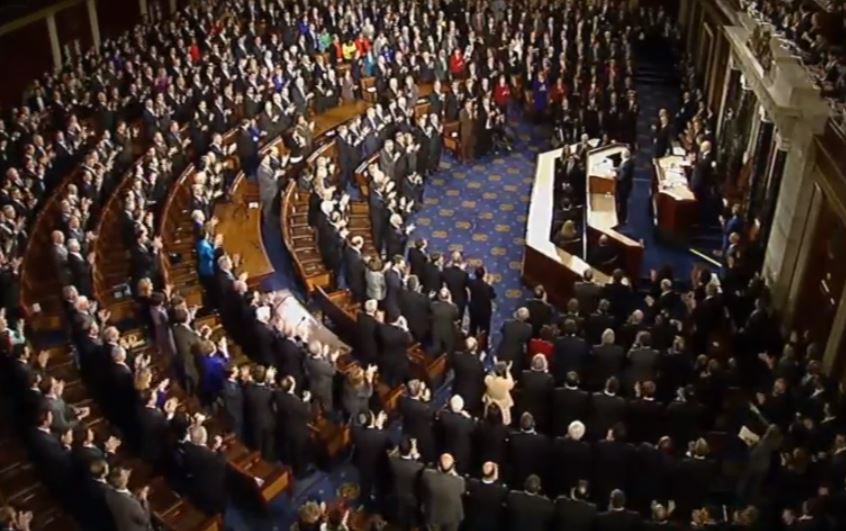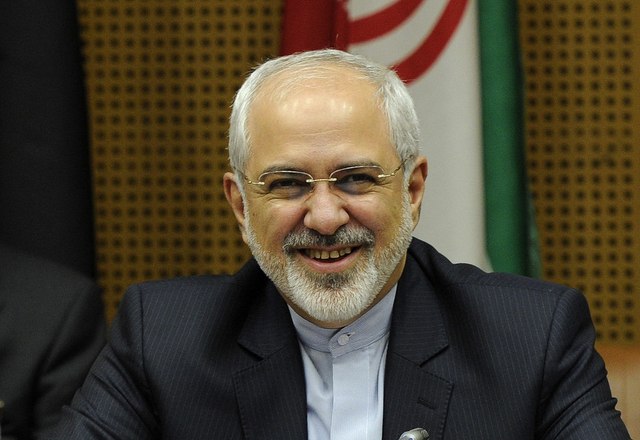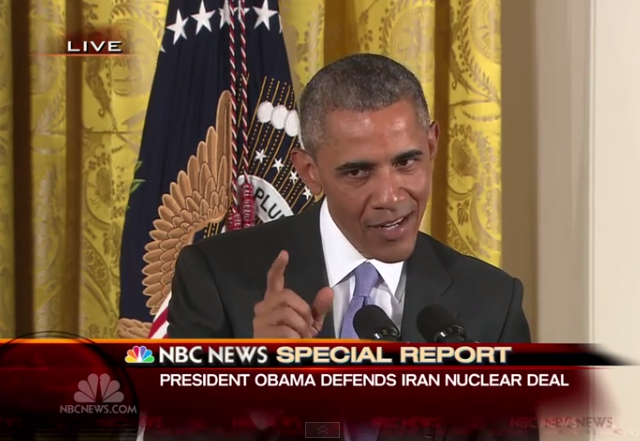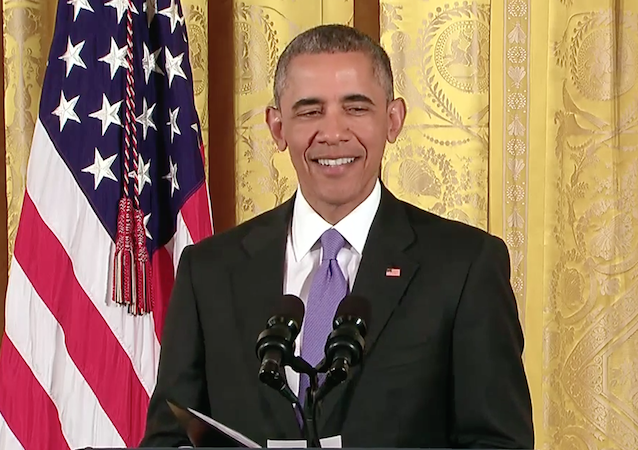Iran nuke deal will end like Syria chemicals deal – Western blind eye to non-compliance
on July 24, 2015
6 Comments
We are told that the Obama administration, its successor and European governments will strictly enforce Iran's adherence to the nuclear deal.
Put aside for the moment the problems with the deal, and focus on compliance. Put aside also that Iran has a history of cheating on nuclear issues.
We have a recent example of how the West will become complicit in non-compliance. In Syria, The Wall Street Journal reports, Mission to Purge Syria of Chemical Weapons Comes Up Short (paywall):
.... One year after the West celebrated the removal of Syria’s arsenal as a foreign-policy success, U.S. intelligence agencies have concluded that the regime didn’t give up all of the chemical weapons it was supposed to. An examination of last year’s international effort to rid Syria of chemical weapons, based on interviews with many of the inspectors and U.S. and European officials who were involved, shows the extent to which the Syrian regime controlled where inspectors went, what they saw and, in turn, what they accomplished. That happened in large part because of the ground rules under which the inspectors were allowed into the country, according to the inspectors and officials.... Demanding greater access and fuller disclosures by the regime, they say, might have meant getting no cooperation at all, jeopardizing the entire removal effort.That is a key point with Iran too -- the fear that Iran will simply back out of the agreement by claiming Western non-compliance will cause the West to back away for fear of losing all compliance. The WSJ article continues noting that control on the ground gave Syria a huge advantage, and Russia ran interference for Syria (as it will do for Iran on compliance issued):

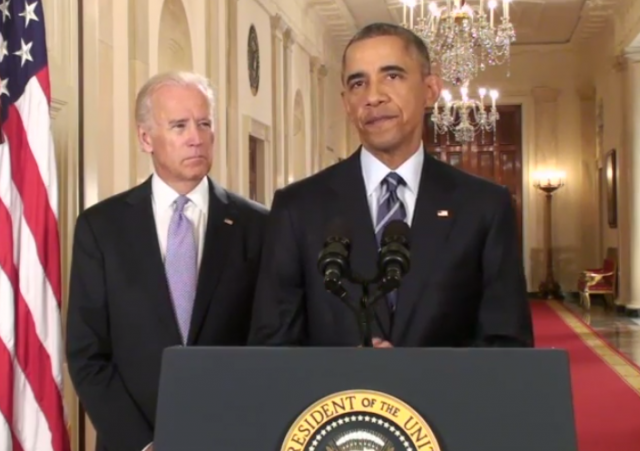
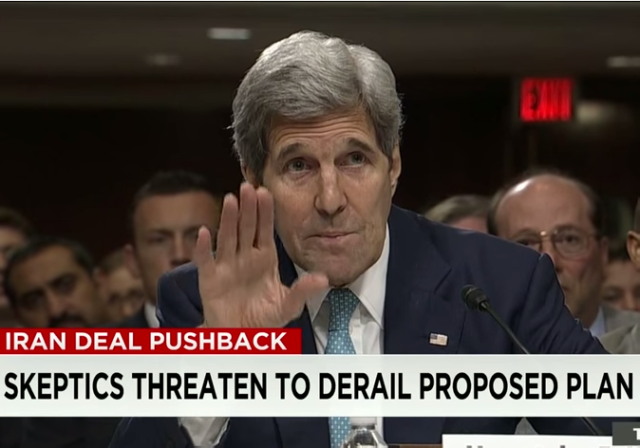

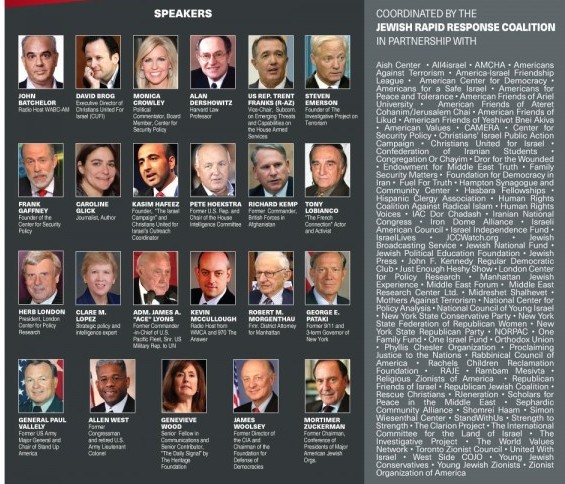
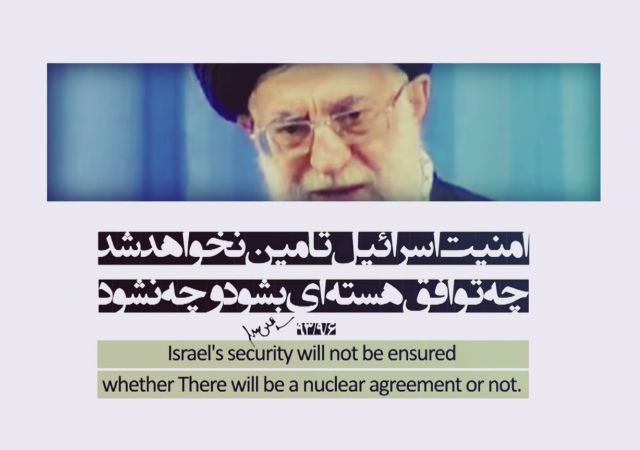
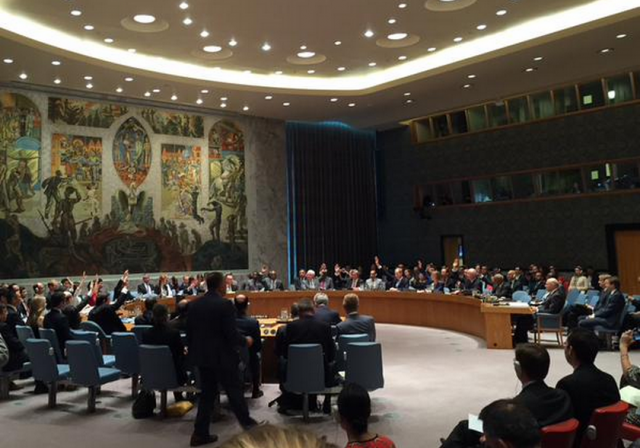
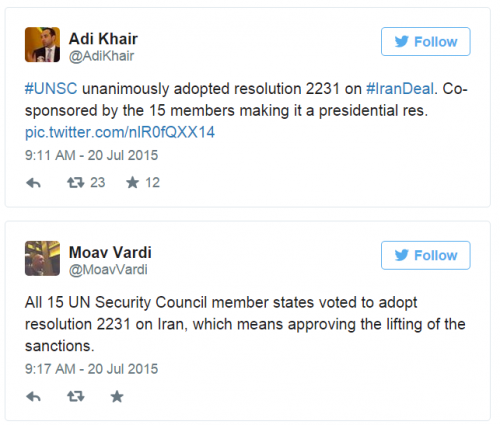
![[U.S. Ambassador to U.N. Samantha Power, Iran Nuclear Deal Vote]](https://c3.legalinsurrection.com/wp-content/uploads/2015/07/Samantha-Power-UN-Vote-Iran-Nuclear-Deal-e1437398714473.png)
